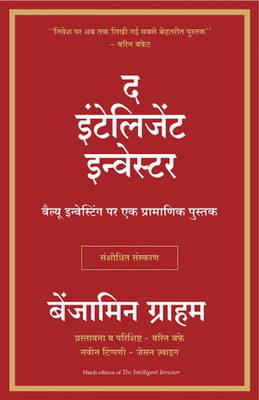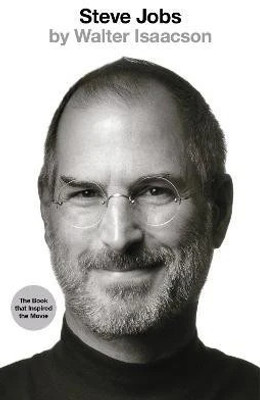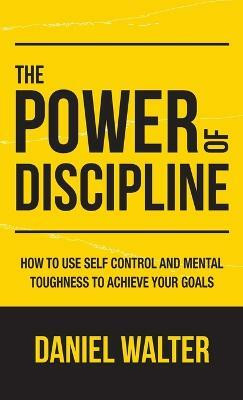
IGNOU BPSC 113 Modern Political Philosophy | Guess Paper | Important Question Answer |BACHELOR'S (HONOURS) DEGREE PROGRAMMES (Paperback, BMA Publication)
Share
IGNOU BPSC 113 Modern Political Philosophy | Guess Paper | Important Question Answer |BACHELOR'S (HONOURS) DEGREE PROGRAMMES (Paperback, BMA Publication)
Be the first to Review this product
₹252
₹399
36% off
Available offers
T&C
T&C
T&C
T&C
Delivery
Check
Enter pincode
Delivery by23 Aug, Saturday
?
if ordered before 11:59 PM
View Details
Highlights
- Binding: Paperback
- Publisher: BMA Publication
- ISBN: 9785040511723
- Edition: Latest, 2024
- Pages: 80
Services
- Cash on Delivery available?
Seller
Description
Introduction to Modern Political Philosophy: The course would likely begin with an introduction to modern political philosophy as a distinct period in the history of political thought, exploring its intellectual and historical context.
Early Modern Political Thought: Students would delve into political thought during the early modern period, focusing on philosophers such as Thomas Hobbes, John Locke, and Jean-Jacques Rousseau. They would study their respective works, such as Hobbes's Leviathan, Locke's Two Treatises of Government, and Rousseau's The Social Contract, examining their ideas about the social contract, state of nature, sovereignty, and individual rights.
Enlightenment Political Thought: The course may cover political thought during the Enlightenment, including the contributions of philosophers such as Montesquieu, Voltaire, and Immanuel Kant. Students would study their works, such as Montesquieu's The Spirit of the Laws, Voltaire's Letters Concerning the English Nation, and Kant's Perpetual Peace, examining their ideas about liberty, equality, democracy, and the separation of powers.
Utilitarianism and Liberalism: Students might explore the development of utilitarianism and liberalism as major strands of modern political thought. They would study the works of philosophers such as Jeremy Bentham, John Stuart Mill, and John Rawls, examining their ideas about utility, individual rights, and the role of the state in promoting the greatest happiness for the greatest number.
Marxism and Socialist Thought: The course could cover Marxist and socialist critiques of capitalism and liberal democracy. Students would study the works of Karl Marx, Friedrich Engels, and other socialist thinkers, examining their ideas about class struggle, exploitation, alienation, and the possibility of a socialist society.
Feminist and Critical Theory: Students might explore feminist perspectives and critical theories in modern political philosophy. They would study the works of feminist philosophers such as Mary Wollstonecraft, Simone de Beauvoir, and bell hooks, as well as critical theorists such as Herbert Marcuse and Michel Foucault, examining their critiques of patriarchy, capitalism, racism, and other forms of oppression.
Postcolonial and Decolonial Thought: The course may cover postcolonial and decolonial perspectives on modern political philosophy. Students would examine the works of thinkers such as Frantz Fanon, Edward Said, and Gayatri Spivak, exploring their critiques of colonialism, imperialism, and Eurocentrism, as well as their visions of decolonization and global justice.
Libertarianism and Anarchism: Students could explore libertarian and anarchist critiques of state power and authority. They would study the works of thinkers such as Robert Nozick, Murray Rothbard, and Emma Goldman, examining their ideas about individual autonomy, voluntary association, and the minimal or absent state.
Read More
Specifications
Book Details
| Publication Year |
|
| Exam |
|
| Number of Pages |
|
| Net Quantity |
|
University Books Details
| Stream |
|
| Degree/Diploma |
|
| Specialization |
|
Additional Features
| Age Group |
|
In The Box
|
Frequently Bought Together
Please add at least 1 add-on item to proceed
Be the first to ask about this product
Safe and Secure Payments.Easy returns.100% Authentic products.
Back to top







